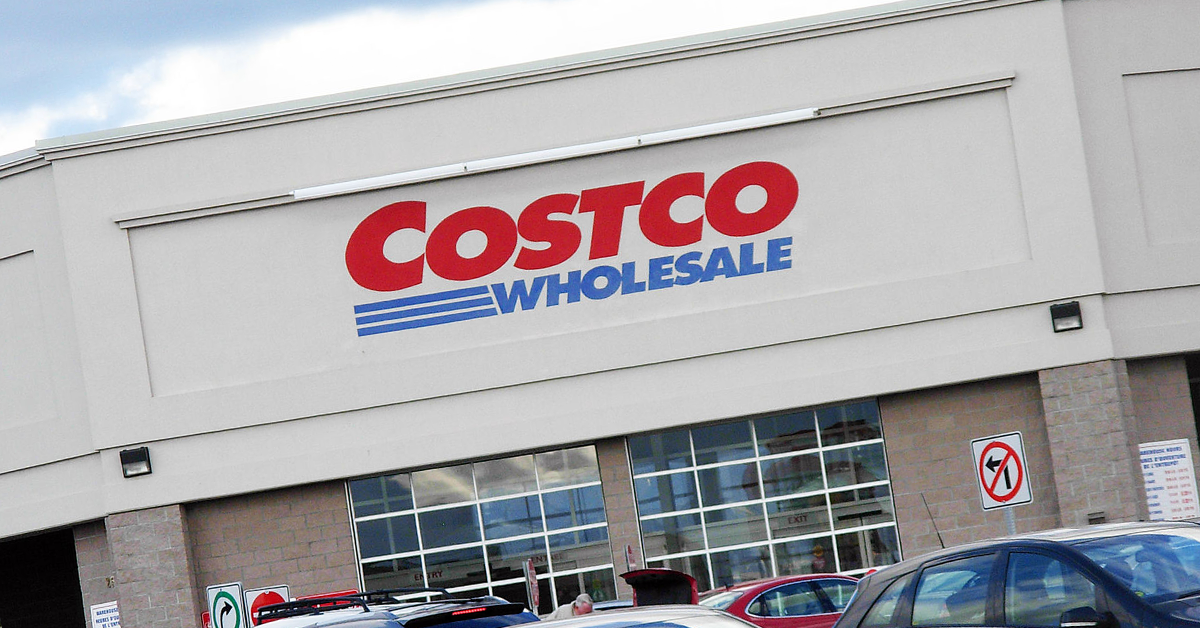Public policy is all about connecting the dots.
Two long-running issues have again pushed their way to the top of Fresno Mayor Lee Brand’s agenda – high-speed rail and marijuana.
The bullet train and weed aren’t connected yet in City Hall policy, but I predict they will be.
Let’s begin with high-speed rail.
I dropped by City Hall on Wednesday to chat briefly with the Mayor about his trip to Spain (I wrote a piece about it for CVObserver on Sept. 15). He leaves Saturday and will return on Sept. 30.
Brand is traveling on his own dime, not the taxpayer’s.
He’ll spend a lot of time riding on Spain’s sophisticated bullet train system. He’ll speak with officials from a Spanish company that has a good chance of being named by the California High-Speed Rail Authority as operator of our bullet train system.
All that diplomacy is designed with the bullet train’s heavy maintenance facility in mind. The folks in Sacramento will soon decide where that gold mine of jobs will be located.
The system operator will have a big say in the matter, hence Brand’s journey across the ocean.
“I’m going to make the big pitch for Fresno,” Brand said. “We have a lot of advantages. Fifteen hundred good-paying jobs would be another nice bonus for the city of Fresno.”
But the Mayor will be doing more in Spain than lobbying for a massive rail yard. He’ll also be wearing his architectural critic’s hat. The Spanish bullet train system features big-city stations with functions far beyond the mere transfer of passengers. These stations, Brand said, are destinations all by themselves.
Fresno almost certainly will be home of the nation’s first high-speed rail station.
“The question we have to ask ourselves is: How do we want to design that rail station?” Brand said. The design “is not going to be imposed on us. We’ll have some input. There are two schools of thought. One, you make it minimal. Let’s say you are concerned with how Fulton Street is going to do. You don’t want to give it competition. To me, you’re talking 2025 (for the bullet train station). If Fulton Street is not leased by 2025, nothing is going to help Fulton Street – and I think Fulton Street is going to do just fine. The other model is the European model: a larger facility with restaurants, hotels, things like that. A destination place.
“These are the kinds of things I want to study. When the station comes here, I want to make sure we’ve planned properly and we can take full advantage of the momentum it will provide.”
What we’re talking about with the heavy maintenance facility and a train station unlike any ever seen in America is economic growth. City Hall’s coffers need the growth because City Hall has a lot of services to provide.
Here’s where we come to another dot.
One of the burning policy questions these days is what to do with $70 million of state cap and trade money headed Fresno’s way. The money has strings, of course. If I understand the issue correctly, the money is supposed to pay for things in the train station’s general neighborhood that improve air quality.
I also understand that the effort to define that qualification is causing quite a ruckus among officials and activists connected to Downtown, Chinatown, and West Fresno interests.
All or a substantial part of $70 million would go a long way toward turning the train station site and surrounding area into a snazzy destination. But this part of town also has many other needs.
I also understand that current and former city officials have been participating in public meetings to get the people’s thoughts on how the cap and trade money should be spent. A friend in Chinatown tells me a steering committee will make a formal vote in early October.
I’m guessing the Mayor, the City Council and state officials will have the final say.
Spain – heavy maintenance facility – 1,500 jobs – destination train station – seventy million cap and trade dollars – much needed tax revenue. That’s some list of dots, so far unconnected.
Now to the weed issue.
Brand on Wednesday was on a tight schedule. I had just a few minutes to ask him about Thursday’s big hearing on recreational marijuana dispensaries. The City Council on Aug. 31 on a 4-3 vote approved the introduction of a law that bans such dispensaries throughout the city. The council on Thursday will vote on adoption of the law – the final step.
Council President Clint Olivier and Council Members Oliver Baines and Esmeralda Soria were on the losing side.
My point here isn’t to rehash the old debate. However, I will note that I spoke on Wednesday with a high-placed city official with a pro-dispensary outlook who said the ban could fail on Thursday. He didn’t say if he thought one of the four pro-ban council members – Steve Brandau, Garry Bredefeld, Paul Caprioglio, Luis Chavez – would flip his vote or if one of them would be missing from the dais when it’s time to vote.
The ban fails on a 3-3 vote.
My point here to report what the Mayor on Wednesday said about the law.
First, I told Brand about another rumor floating around City Hall. This one has the city agreeing to lease 400 acres on the huge wastewater treatment facility west of town (it’s city property separated by a considerable expanse of unincorporated land) to private sector marijuana growers.
There’s 43,560 square feet in an acre. The city would tax the growers by the square foot. At $1 per square foot, 400 acres of marijuana would generate more than $17 million annually for city coffers. At $2 per square foot, the city’s take would be more than $34 million per year.
All this cash would go into an overworked general fund that barely tops $300 million in a year.
“I’ve heard them all,” Brand said of ideas such as this.
Brand said he is open to debate on medical marijuana in Fresno. He’s against recreational marijuana dispensaries. His administration will spearhead Thursday’s support for the recreational dispensary ban.
But it turns out that the marijuana issue has a lot of dots, too.
“Recreational marijuana at least for right now has been decided,” Brand said. “We have to see where this thing goes. That’s why I put that 12-month review (in the bill). Twelve months later, what’s the cost of (the ban)? There are the two ways I look at it. Are you deterring getting kids started on drugs? Are you enhancing or detracting the black market? These are the questions. We looked at other states and never got a clear answer. Twelve months after we start this, we’re going to know. Did we spend an extra million dollars on police and code enforcement and fire chasing down these things? Did it work? Did we reduce the number of young kids getting involved? I don’t know. Those are all unknowns.
“I know this is going to be a huge business in California. There are billions of dollars at stake. But you can’t lose sight of what you have to do. There’s the economics of it, there’s the logistics of it, there’s the morality of it. I always try to keep an open mind and do what’s best in the end.”
So, in 12 months, after recreational marijuana dispensaries become the norm in countless places near and far from Fresno, the Mayor and his team will sit down and analyze all the variables.
Another word for variables is dots.
My prediction: The day will come when you can take a 200-mile-per-hour to train to Fresno to buy your legal recreational dope.








